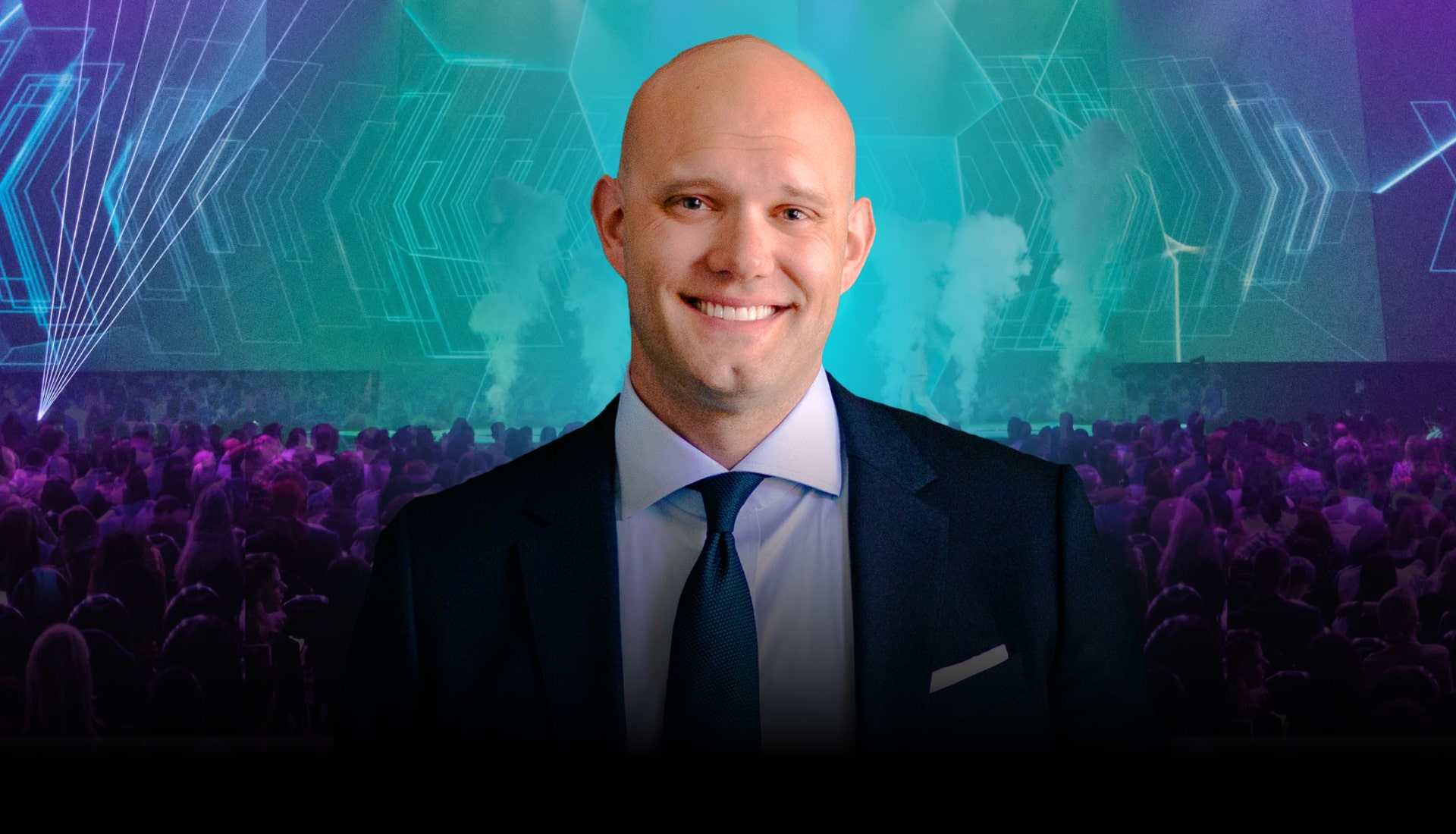We all want to be successful. But how do you define success?
In this article, Caroline shares her own pursuit for personal achievement and success, what being successful meant to her in the past and what success means to her now.
The Fake Message of Success
My life was a catastrophe.
My dreams of future success and happiness were over.
I had failed.
At age 24 I had not gained the one for my university degree, that I had so desperately worked for. I had been given endless messages that anything less than this would ruin my chances of succeeding in training as a psychiatrist and being admitted into a prestigious psychological society.
What did my life mean now?
What could I achieve other than anything mediocre?
The idea was terrifying and for a time I was submerged in fear, confusion, sadness and self-reproach for not being good enough.
This did not last for long. My strong self-belief, deep sense of what was meaningful and my determination to achieve turned this around for me.
No-one was going to tell me that I wasn’t good enough. No one and nothing was going to stand in my way of living the life I had chosen for myself. In fact, throughout my secondary school years, the teachers had told me that I would never go to University.

What is success anyway?
Our concept of success relates to the experiences which have been imposed on us from birth. That first smile, first steps, first word, ability to make friends, to be popular, get good grades, have the perfect partner, gain our dream job and it goes on throughout our personal and professional lives.
Success can be defined in several ways. Generally viewed as an accomplishment of wealth, respect, fame or the achievement of a desired / positive outcome.
Our concepts of success are strongly influenced by our society, culture, education system and our parents, as well as our own aspirations, which are deeply based on all of the pre-mentioned factors.
When asked the question Do you think you are a success? or Is he/she a success? our immediate reaction is often to assess this in terms of a person’s material wealth, family status, partner relationship, job/career progression or the level of a person’s influence, popularity or power. This is not so surprising, particularly for someone we do not know because we have little else to go on.
The Success Mindset that Drags you Down
Success is often based on comparing ourselves to others, so we have to be honest here.
Many of us receive a deep sense of joy and satisfaction in believing that we have attained sought after goals, especially over that of others. After all, we are socialised and accustomed to this.
This creates a satisfying sense that some people have done better or are actually better than others.
This also expresses messages that others are abler, have more possibilities, are more valued, more respected, possess more power and are much happier.
This perspective is not only skewed, limited and hard to break away from, it also leads to a mindset which can be detrimental and unproductive to our mental wellbeing and life satisfaction.
Personal Achievement: The Success Mindset that makes you Mentally Healthier
People with a mindset of “success”, based on their own personal achievements possess the ability to positively influence their life perspective.
Their view of themselves and life experience does not involve comparison and is not determined by the expectations and accomplishments of others.
Their sense of self is formed from what they have personally faced and overcome. This also enables them to set realistic and achievable goals, decrease the demands placed upon themselves and make things less stressful.
In this way, they are focused on a perspective which gives personal meaning and self-worth.
When achievements are based on one’s own terms, which are judged and valued by ourselves, we reach greater fulfilment and create happier and mentally healthier lives.
Making Yourself the Dream and the Dreamer
We are all achieving every day with personal achievements being made from hour to hour, day to day, month to month and year to year. Facing, overcoming, resolving and achieving personal aspirations represent the defining moments of who we are.
We witness this in many different ways:
![]() Continually confronting our fears and life challenges.
Continually confronting our fears and life challenges.
![]() For someone who is severely depressed, “success” can be defined in terms of their personal achievements of being able to get out of bed, wash, get dressed, make something to eat or go out.
For someone who is severely depressed, “success” can be defined in terms of their personal achievements of being able to get out of bed, wash, get dressed, make something to eat or go out.
![]() Surviving or leaving an unhappy or abusive situation or relationship.
Surviving or leaving an unhappy or abusive situation or relationship.
![]() Caring for loved ones.
Caring for loved ones.
![]() Regaining something that we had once lost.
Regaining something that we had once lost.
![]() The commitment and responsibility of parenthood.
The commitment and responsibility of parenthood.
![]() Being the first to achieve an unattained feat.
Being the first to achieve an unattained feat.
![]() Accomplishing our personal best.
Accomplishing our personal best.
![]() Learning a new skill.
Learning a new skill.
![]() Gain greater insight and knowledge.
Gain greater insight and knowledge.
![]() Completing a set task, no matter how small or how big.
Completing a set task, no matter how small or how big.
All of these examples reveal just a tiny fraction of our continual personal achievements.
Whenever I came up against an obstacle, I found a way around and my focus was clear. When things seem to block your way see this as an opportunity to explore the wider possibilities.
I didn’t become a psychiatrist and this led me to follow a more fulfilling path in becoming an Existential Psychotherapist. This perfectly suited my personal beliefs and way of life.

Caroline-Ribeiro Nelson
Creating our own Success
I don’t care if people view me as a success or not. This is not what is important or meaningful.
My life has been a continuous stream of personal achievements. I have overcome severe depression, I’ve faced prejudice, discrimination, hatred, jealousy with reserve and dignity.
I am honoured to fulfil a fantastic career in the service of supporting others.
I have learnt a new language, lived in a foreign country.
I learnt to love myself and am loved by others.
I continually strive to be respectful, kind and caring to family, friends and strangers.
I maintain an open mind and am constantly growing; my personal feats are countless.
Ten Ways to Cultivate a Great Personal Achievement Mindset
- Stop wasting time comparing yourself to others’ achievements. Invest in your strength and resources for attaining your own meaningful goals.
- Clarify the expectations that you have for yourself and those placed by others. Decide which expectations reflect your own personal needs and aspirations. Plan realistic steps in achieving these (Consider working with a coach or counsellor, who could support you with this).
- Be the architect of your own life. Do not let others define who you are and what you can achieve. You may face setbacks, obstacles and people who try to pull you down or hold you back. Staying focused and persevering enables you to overcome your hardest challenges and achieve your greatest aspirations.
- Perceive things as challenges rather than problems. If your focus is one of finding a way forward or attaining a goal, then you positively draw on all of your resources, in order to get you to where you want to be.
- Cultivate your self-belief and inner confidence. Utilise the power of self-talk: Continually talk to yourself in positive ways, in order to reinforce your self-worth and what you want to achieve.
- Shut out the negative messages and people who hold you back or drag you down.
- Engage in what you are passionate about. To believe and feel deeply about something, which brings meaning and a sense of worthwhile engagement is one of your greatest motivators. This drives you, brings enjoyment and enables you to perform at your best.
- Regularly take a moment to express gratitude for all of the things which you possess, do and get you through life.
- Acknowledge and appreciate every accomplishment you make, no matter how small. It’s the small things that can make a big difference. These are the steps which move you forward and build you up.
- Regularly take time to reflect and value on where you were in the past and where you are now.
Join the Conversation
We’d love to hear what you have to say.
Get in touch with us on Facebook Group and Twitter.
























